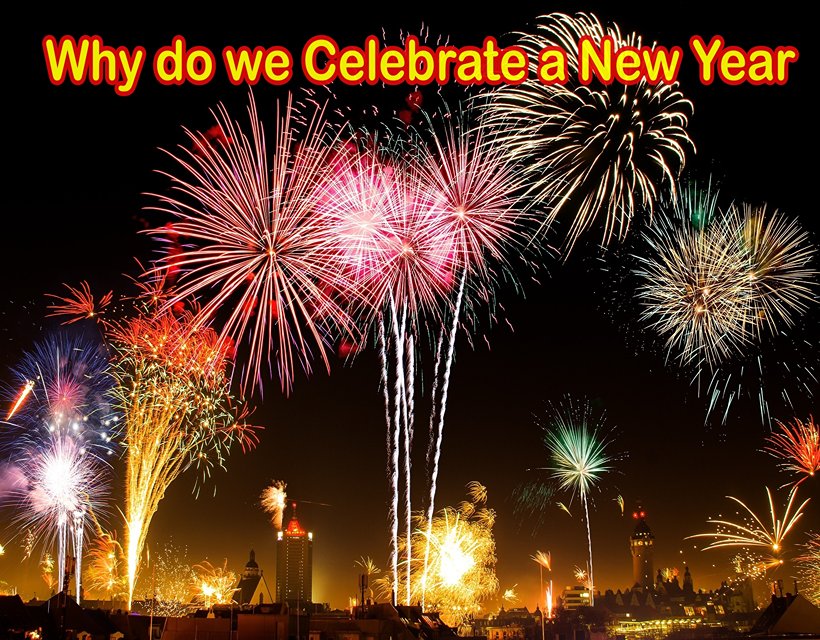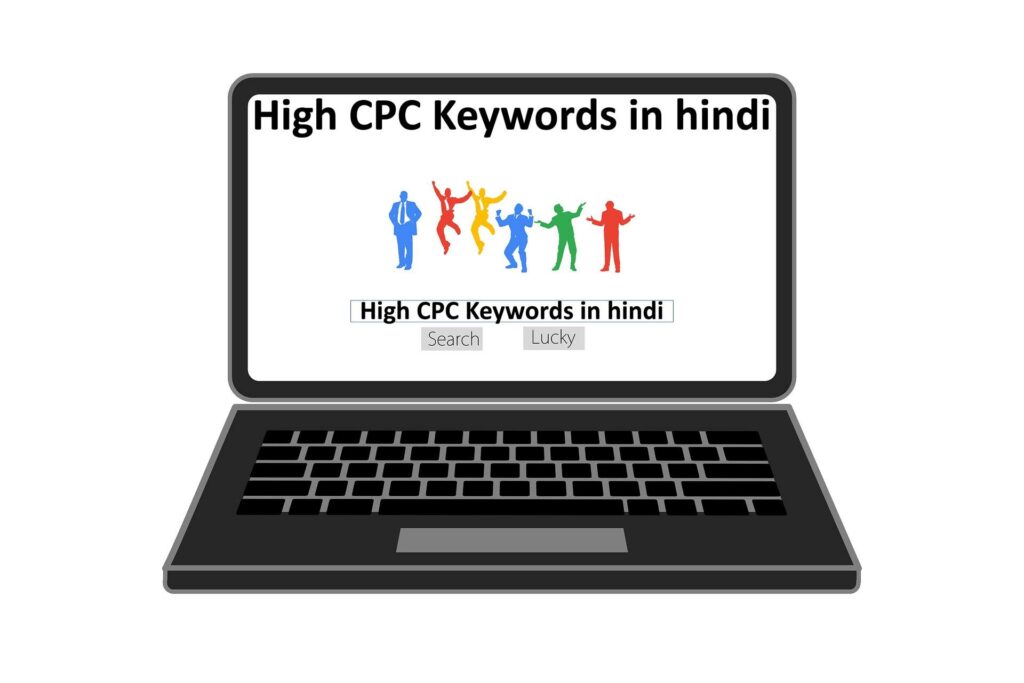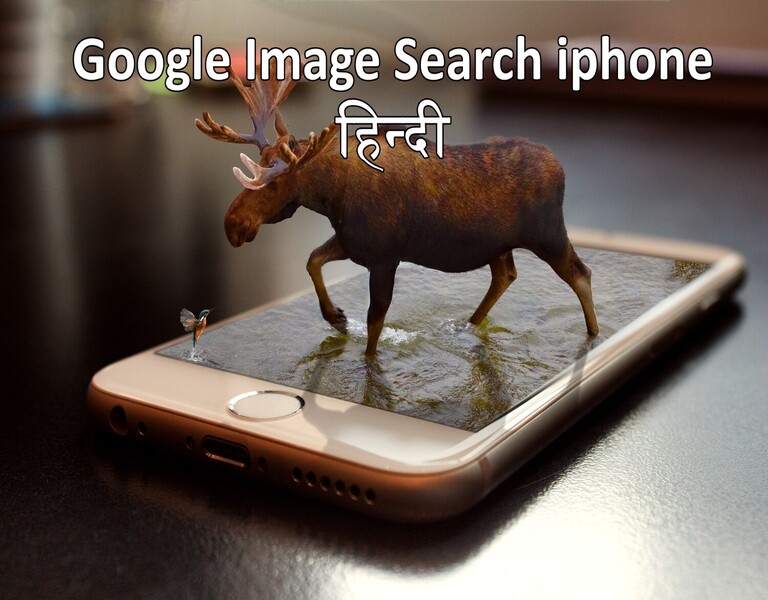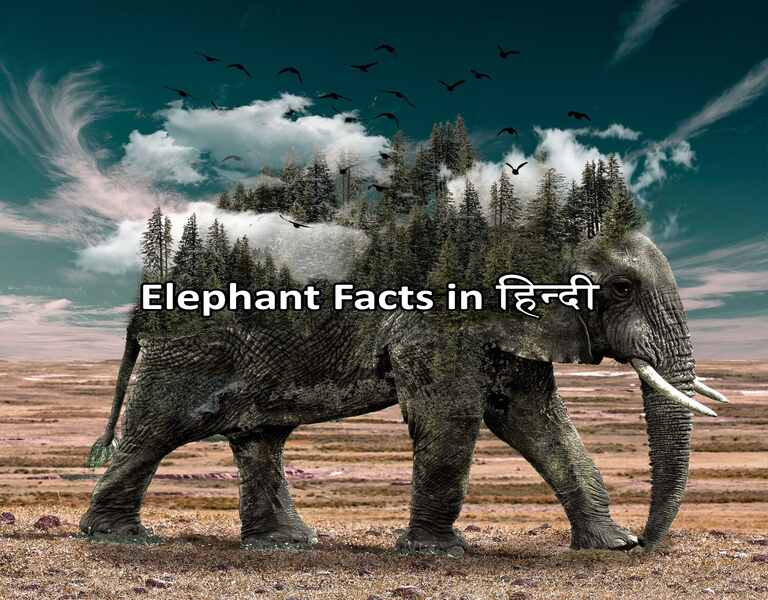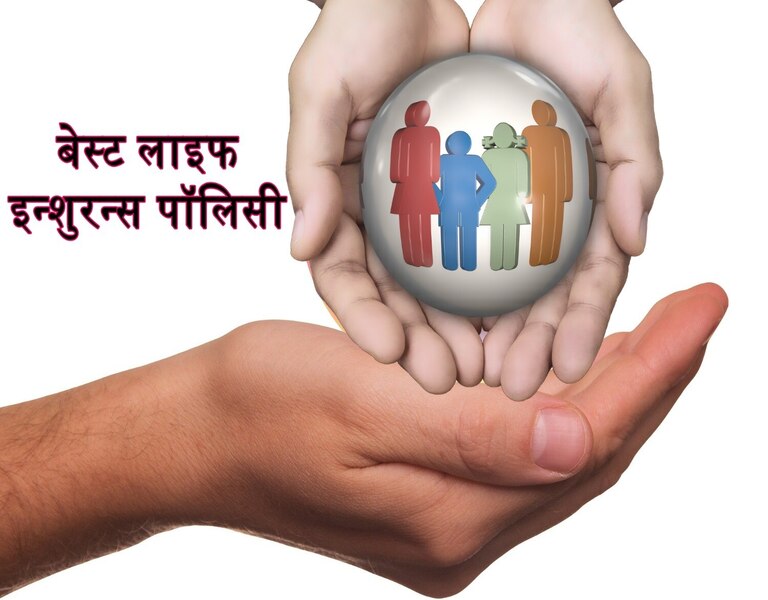Table of Contents
Why do we Celebrate a New Year?
As the clock strikes midnight on December 31st, people all around the world ring in the new year with fireworks, parties, and celebrations. But have you ever wondered why we celebrate the beginning of a new year? Let’s explore the history and cultural significance behind this global event. Why do we Celebrate a New Year
The concept of celebrating the start of a new year is not a new one. The earliest recorded New Year’s festivities can be traced back to ancient Babylon around 4,000 years ago. They celebrated the new year in late March, during the spring equinox, with a 12-day festival known as Akitu. The festival was dedicated to their chief deity, Marduk, and involved the crowning of a new king or reaffirmation of loyalty to the existing one.
The ancient Egyptians also celebrated the new year around the same time, but their calendar was based on the flooding of the Nile River, which typically occurred in July or August. The Greeks celebrated the new year in late November or early December, while the Romans celebrated on January 1st, which marked the beginning of the agricultural cycle.
The celebration of the new year on January 1st eventually spread throughout Europe during the Middle Ages, but it wasn’t until 1582 that the Gregorian calendar, which is still used today, was introduced by Pope Gregory XIII. This calendar standardized the length of the year and the start of the new year on January 1st.
Today, New Year’s celebrations are a time for reflection, resolutions, and renewal. It’s a time to say goodbye to the old year and welcomes in the new one with hope, optimism, and joy. Many people make resolutions to improve themselves, such as losing weight, quitting smoking, or learning a new skill.
New Year’s celebrations also have cultural significance. In many cultures, the new year is a time for family gatherings, feasting, and gift-giving. For example, the Chinese New Year, which falls between late January and mid-February, is celebrated with dragon and lion dances, fireworks, and the exchange of red envelopes filled with money.
Rosh Hashanah, the Jewish New Year, is celebrated in September or October with special prayers, meals, and the sounding of the shofar, a hollowed-out ram’s horn. The Islamic New Year, which falls on a different date each year, is celebrated with fasting, prayers, and the exchange of greetings and gifts.
The celebration of the new year has a long and rich history that reflects the cultural, religious, and social values of different societies. Whether you celebrate with fireworks, parties, or quiet reflection, the new year is a time to look forward with hope and optimism for a brighter future. So, as we usher in the new year, let’s raise a glass and toast to new beginnings, fresh starts, and endless possibilities! Why do we Celebrate a New Year
Why do we need to celebrate a new year?
We celebrate the New Year for several reasons. First and foremost, it provides us with a sense of closure to the previous year and allows us to reflect on the accomplishments, challenges, and lessons learned from the past year. It is a time to take stock of our lives, set new goals, and make resolutions for the upcoming year.
New Year’s celebrations also bring people together in a festive atmosphere, strengthening social connections and creating a sense of community. It is a time when families, friends, and communities come together to celebrate, share memories, and enjoy each other’s company. This collective celebration can be an essential aspect of our mental and emotional well-being.
New Year’s celebrations have cultural and historical significance. Many cultures have specific customs, traditions, and rituals associated with New Year’s celebrations that reflect their beliefs and values. For instance, some cultures perform traditional dances, light fireworks, or exchange gifts during their New Year’s celebrations.
Celebrating the New Year gives us a sense of hope and optimism for the future. It is a time to put the past behind us and focus on what lies ahead. The New Year represents a new beginning, a fresh start, and a chance to improve our lives and the world around us.
Celebrating the New Year is essential for our emotional, social, cultural, and psychological well-being. It provides us with an opportunity to reflect on the past, connect with others, and look forward to the future with hope and optimism. Why do we Celebrate a New Year
Why do we say Happy New Year’s?
We say “Happy New Year’s” as a greeting or well-wish to express our hopes and wishes for the new year. It is a common tradition to exchange greetings, cards, and messages with family, friends, and acquaintances on New Year’s Day.
The phrase “Happy New Year’s” is a shortened form of “I wish you a happy New Year.” It is a way to convey our hopes for a joyful, prosperous and fulfilling new year for ourselves and others.
The practice of exchanging New Year’s greetings dates back to ancient times. For example, the Babylonians exchanged gifts and wished each other a happy new year during the Akitu festival, which was held in late March.
In more recent times, the tradition of exchanging New Year’s greetings became popular in Europe during the Middle Ages. People would exchange small gifts, such as food, coins, or trinkets, and wish each other a happy New Year.
Today, we continue to say “Happy New Year’s” as a way to spread positivity and goodwill towards others. It is a way to connect with loved ones and celebrate the start of a new year together.
It is a way to express our hopes and wishes for a joyful and prosperous new year and to connect with others during this special time. Why do we Celebrate a New Year
What is the history of the New Year?
The celebration of the New Year is a tradition that has been observed for thousands of years across many cultures and civilizations. The exact origins of the New Year are difficult to trace, as different societies have celebrated the beginning of a new year at different times of the year.
One of the earliest recorded celebrations of the New Year dates back to ancient Babylon, where the New Year was celebrated during the spring equinox in late March. The Babylonians celebrated a festival called Akitu, which lasted for 11 days and marked the beginning of the agricultural season. The festival included religious rituals, feasting, and the crowning of a new king.
The ancient Egyptians also celebrated the New Year during the spring equinox, around 4000 BCE. The celebration was called Wepet Renpet, which means “opening of the year,” and was linked to the annual flooding of the Nile River.
In ancient Rome, the New Year was celebrated on March 1st, but in 46 BCE, the Roman emperor Julius Caesar reformed the calendar and established January 1st as the first day of the year. The month of January was named after the Roman god Janus, who had two faces, one looking back at the old year and one looking forward to the new. Why do we Celebrate a New Year
The celebration of the New Year on January 1st eventually spread throughout Europe during the Middle Ages, and it became an important Christian holiday. In some countries, the New Year was celebrated on December 25th, which was also the Feast of the Nativity, while in others, it was celebrated on January 6th, the Feast of the Epiphany.
The celebration of the New Year continues to be an important global tradition, with many cultures and countries observing the holiday in different ways. The New Year is often celebrated with fireworks, parties, parades, and other festive activities, and it remains a time for reflection, renewal, and the making of resolutions for the year ahead.
The history of the New Year dates back thousands of years and has been celebrated in various forms by many different cultures and civilizations. The celebration has evolved over time and continues to be an important holiday today, symbolizing new beginnings, hope, and renewal.
Where was the new year celebrated first?
Determining where the New Year was celebrated first is challenging because the celebration of the New Year dates back to ancient times, and different cultures celebrated it at different times of the year. However, some historians believe that the first New Year celebrations may have taken place in Mesopotamia, which is now modern-day Iraq, over 4,000 years ago.
The ancient Babylonians celebrated the New Year during the spring equinox in late March. They held a festival called Akitu, which lasted for 11 days and marked the beginning of the agricultural season. The festival included religious rituals, feasting, and the crowning of a new king.
The ancient Egyptians also celebrated the New Year during the spring equinox, around 4000 BCE. The celebration was called Wepet Renpet, which means “opening of the year,” and was linked to the annual flooding of the Nile River.
The New Year was celebrated on March 1st, but in 46 BCE, the Roman emperor Julius Caesar reformed the calendar and established January 1st as the first day of the year. The month of January was named after the Roman god Janus, who had two faces, one looking back at the old year and one looking forward to the new.
The celebration of the New Year is observed by many cultures and countries around the world, with various customs and traditions. The New Year is often celebrated with fireworks, parties, parades, and other festive activities, and it remains a time for reflection, renewal, and the making of resolutions for the year ahead.
While it is difficult to determine where the New Year was first celebrated, it is clear that the celebration dates back thousands of years and has been observed by many cultures throughout history. Why do we Celebrate a New Year
When was New Year first celebrated?
The celebration of the New Year dates back thousands of years, and it is difficult to determine exactly when it was first celebrated. However, some of the earliest recorded celebrations of the New Year date back to ancient civilizations such as the Babylonians and the Egyptians.
The ancient Babylonians celebrated the New Year during the spring equinox in late March. They held a festival called Akitu, which lasted for 11 days and marked the beginning of the agricultural season. The festival included religious rituals, feasting, and the crowning of a new king.
The celebration of the New Year is an ancient tradition that dates back thousands of years. While it is unclear exactly when the New Year was first celebrated, early recorded celebrations can be traced back to ancient civilizations such as the Babylonians, Egyptians, and Romans. Why do we Celebrate a New Year

